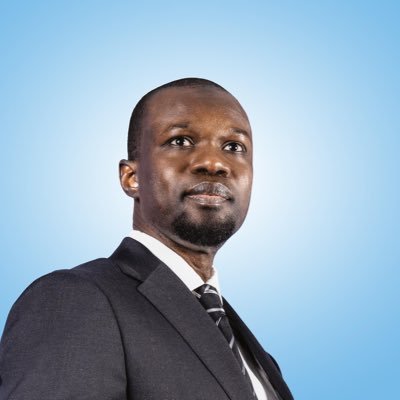The appeal trial for defamation against Senegalese opponent Ousmane Sonko, popularly known as Sonko, has been postponed to May 8th, the Dakar court announced on Monday (Apr. 17). Initially scheduled for April 17th, the hearing was delayed for unknown reasons.
Sonko, the leader of the Pasteef party, has become a prominent opposition figure in Senegal, known for his criticism of President Macky Sall’s government. He was accused of rape by a beauty salon worker in February, which he denies, and his subsequent arrest led to violent protests across the country.
In March, Sonko was handed a two-month suspended prison sentence and a $300,000 fine for defaming Tourism Minister Mame Mbaye Niang. Sonko had claimed that Mame Mbaye Niang was criticized by state inspectors for his management of a rural unemployment scheme. However, Sonko’s legal team maintains that he is still eligible to run for the presidential elections in 2024.
The postponement of the appeal trial is expected to further exacerbate tensions in Senegal, where protests and clashes have erupted sporadically in recent months. Sonko’s supporters have accused the government of harassing him and trying to silence opposition voices ahead of next year’s elections.
The Senegalese government has denied the allegations, saying that it respects freedom of expression and that the judiciary is independent.
However, many of Sonko’s supporters remain sceptical, citing the recent arrests of other opposition figures and journalists as evidence of government repression.
Sonko’s previous court appearances have sparked civil unrest, with his supporters accusing the ruling party of manipulating justice to prevent Sonko from running in the presidential elections next year. His arrest in February, on charges of disturbing public order and undermining the authority of the state, led to violent protests across the country, resulting in at least five deaths.
In response, the government deployed the military to several cities and imposed a ban on public gatherings. The ban was lifted on March 8th, but tensions remained high, with sporadic clashes reported in the weeks that followed.
The postponement of the appeal trial is likely to further aggravate tensions in Senegal, where the political climate has become increasingly polarized in recent years. President Sall, who was re-elected in 2019, has faced criticism for his handling of the economy and his alleged crackdown on opposition voices.
Many of Sonko’s supporters see him as a viable alternative to the current government and are hopeful that he will be able to run in next year’s elections. However, his legal troubles have raised questions about his ability to mount a successful campaign.
Despite the challenges he faces, Sonko remains a popular figure in Senegal, particularly among young people and those in rural areas. His message of change and reform resonates with many who feel that the government has failed to address their concerns.
In recent months, the Senegalese government has come under increasing international scrutiny for its handling of the situation. The protests that erupted in February and March following the arrest of opposition politician Ousmane Sonko quickly turned violent, with clashes between demonstrators and security forces leaving several people dead and dozens injured. The government’s response to the protests has also raised concerns about its commitment to human rights and democratic values.
The United Nations and several human rights organizations have called for an independent investigation into the violence that occurred during the protests and has urged the government to respect the right to peaceful protest.
Many have also criticized the government for its heavy-handed approach to dissent and its suppression of free speech, including its use of internet shutdowns and arrests of journalists and opposition figures.
The postponement of the appeal trial for defamation against Ousmane Sonko is likely to prolong the uncertainty and tension in Senegal. Many are wondering what the future holds for the country, with the stakes high as next year’s elections approach.
The outcome of the elections will have far-reaching implications for the country and its people, as well as the broader region. The opposition has accused the ruling party of instrumentalizing justice to make Sonko ineligible to contest next year’s presidency.
The previous summons and court appearances of Sonko have provoked civil unrest, with his supporters taking to the streets to protest what they see as political persecution. The fact that the appeal trial has been postponed will only add to the uncertainty and frustration felt by many Senegalese citizens.
Image Credit: Ousmane Sonko/Twitter





